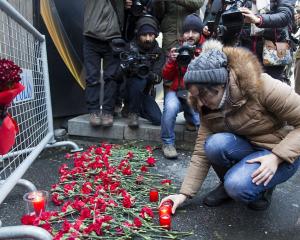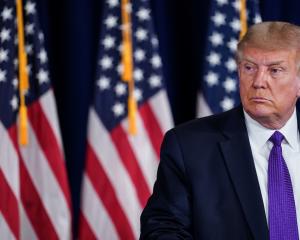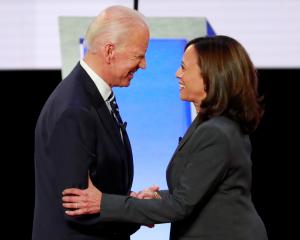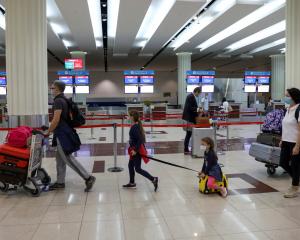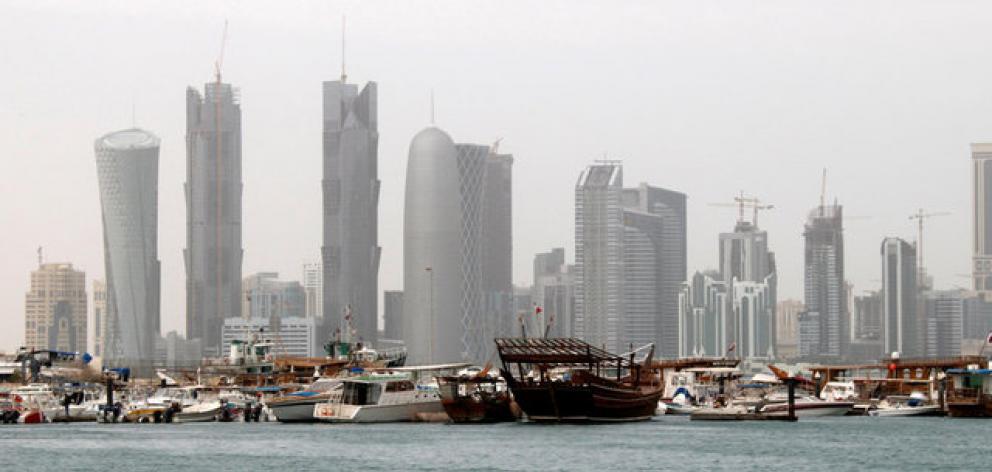
Four Arab states that imposed a boycott on Qatar have issued an ultimatum to Doha to close Al Jazeera television, curb ties with Iran, shut a Turkish base and pay reparations, demands so far reaching it would appear to be hard for Doha to comply.
Saudi Arabia, Egypt, Bahrain and the United Arab Emirates have sent a 13-point list of demands apparently aimed at dismantling their tiny but wealthy neighbour's two-decade-old interventionist foreign policy which has incensed them. Kuwait is helping mediate the dispute.
A Qatari government spokesman said Doha was reviewing the list of demands and that a formal response would be made by the foreign ministry and delivered to Kuwait, but added that the demands were not reasonable or actionable.
"This list of demands confirms what Qatar has said from the beginning – the illegal blockade has nothing to do with combatting terrorism, it is about limiting Qatar’s sovereignty, and outsourcing our foreign policy," Sheikh Saif al-Thani director of Qatar's government communications office, said in a statement.
A Qatar semi-government human rights body said the demands were a violation of human rights conventions and should not be accepted by Qatar.
Foreign Minister Sheikh Mohammed bin Abdulrahman al-Thani had said on Monday that Qatar would not negotiate with the four states until economic, diplomatic and travel ties cut this month were restored.
The countries that imposed the sanctions accuse Qatar of funding terrorism, fomenting regional unrest and drawing too close to their enemy Iran. Qatar rejects those accusations and says it is being punished for straying from its neighbours' backing for authoritarian hereditary and military rulers.
The uncomprimising demands leave little prospect for a quick end to the biggest diplomatic crisis for years between Sunni Arab Gulf states, regional analysts said.
"The demands are so aggressive that it makes it close to impossible to currently see a resolution of that conflict," said Olivier Jakob, a strategist at Switzerland-based oil consultancy Petromatrix.
Ibrahim Fraihat, Conflict Resolution Professor at the Doha Institute for Graduate Studies, forecast a prolonged stand-off.
Qatar will reject the demands as a "non-starter", he said, and its neighbours had already escalated as far as they were likely to go. "Military action remains unlikely at the moment so the outcome after the deadline would be a political stalemate ..."
Washington, which is a close military ally of countries on both sides of the dispute, has called for a resolution. U.S. Secretary of State Rex Tillerson said Qatar's neighbours should make their demands "reasonable and actionable".
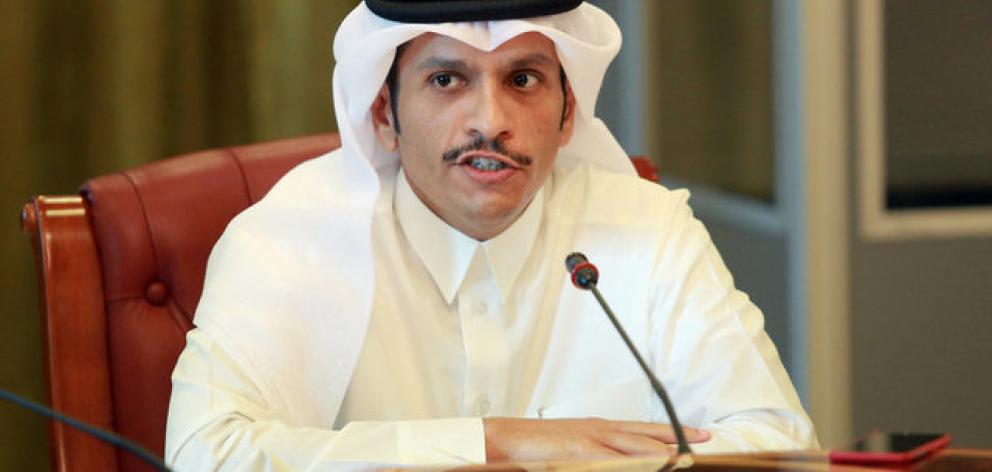
TEN DAYS TO COMPLY
An official from one of the four nations, who gave details of the demands on condition of anonymity, told Reuters the offer would be "void" unless Qatar complied within 10 days.
The UAE has said sanctions could last for years. Qatar, the world's richest country per capita, says the sanctions amount to a "blockade", but it has ample reserves to weather the storm.
The dispute is a big test for the United States, which has a large base in Qatar housing the headquarters of its Middle East air power and 11,000 troops.
President Donald Trump has backed the sanctions, even as his Defense and State departments have tried to remain neutral, resulting in mixed signals. Trump called Qatar a "funder of terrorism at a very high level", only for his Pentagon to approve selling it $12 billion of warplanes five days later.
The most powerful country in the region to back the Qatari side in the dispute has been Turkey, whose President Tayyip Erdogan has his roots in an Islamist political party similar to movements that Qatar has backed in the region. Days after the sanctions were imposed, Turkey rushed through legislation to send more troops to its base in Qatar as a sign of support.
Defence Minister Fikri Isik rejected the demand to close the base, saying it would represent interference in Ankara's relations with Doha. Instead, Turkey might bolster its presence.
"Strengthening the Turkish base would be a positive step in terms of the Gulf's security," he said. "Re-evaluating the base agreement with Qatar is not on our agenda."
Qatar has used its vast wealth over the past decade to exert influence abroad, backing factions in civil wars and revolts across the Middle East. It infuriated Egypt's present rulers and Saudi Arabia by backing a Muslim Brotherhood government in Cairo that ruled for a year until it was deposed by the army in 2013.
Qatar's state-funded satellite broadcaster Al Jazeera became hugely popular across the Middle East, but has long infuriated Arab governments used to exercising firm control over the media in their countries. Jazeera hit back at the closure order, calling it "nothing but an attempt to silence the freedom of expression in the region".




